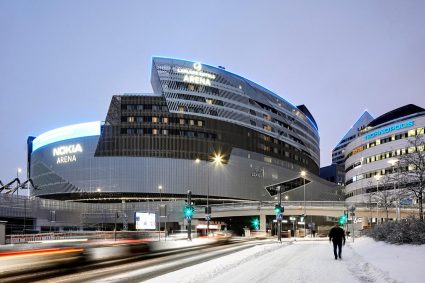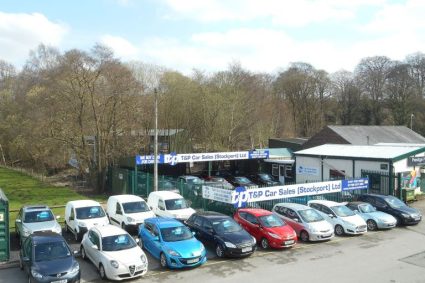

Self-driving cars have been a hot topic in recent years, promising to revolutionize transportation as we know it. As this technology continues to evolve, it’s important to consider the potential impact it will have on urban planning. In this article, we delve into how self-driving cars could shape the future of our cities and the key considerations for urban planners.
- Redefining Transportation Infrastructure:
Self-driving cars have the potential to reshape our cities’ transportation infrastructure. With autonomous vehicles, there may be a reduced need for parking spaces as vehicles can be in constant use, drop off passengers, and move on to the next ride. This can lead to the repurposing of parking lots and garages into green spaces, commercial areas, or housing developments. Urban planners will need to reconsider the allocation of space within cities to accommodate this shift in transportation demands.
- Improved Traffic Flow and Efficiency:
One of the major advantages of self-driving cars is their ability to communicate and coordinate with each other, leading to improved traffic flow and reduced congestion. With fewer accidents and precise control over speed and spacing, self-driving cars can optimize traffic patterns and minimize delays. This can have a significant impact on urban planning, as it may influence road design, traffic signal systems, and the need for certain infrastructure elements such as dedicated lanes or parking structures.
- Reimagining City Centers and Commuting:
The advent of self-driving cars could transform city centers and commuting patterns. As the need for parking diminishes, city centers may become more pedestrian-friendly, with reduced car traffic and more space for green areas and public amenities. Additionally, self-driving cars may enable longer commuting distances as passengers can engage in other activities during the journey. This may lead to a shift in residential preferences, as people might be more willing to live farther from city centers, influencing housing development and urban expansion.
- Enhanced Mobility for All:
Self-driving cars have the potential to enhance mobility for various segments of the population, including the elderly, disabled individuals, and those without access to private transportation. By providing convenient and accessible transportation options, self-driving cars can improve overall mobility and reduce transportation barriers. Urban planners need to consider inclusivity in their designs, ensuring that self-driving technology benefits everyone and addresses existing disparities in transportation access.
- Environmental Considerations:
While self-driving cars have the potential to improve traffic efficiency, reducing congestion and emissions, their impact on the environment is not solely positive. Increased convenience and affordability of transportation may lead to a rise in vehicle miles traveled, potentially offsetting some of the environmental benefits. Urban planners must balance the integration of self-driving cars with sustainable urban development strategies, such as promoting public transportation, encouraging active modes of transportation, and integrating renewable energy solutions.
Conclusion:
The advent of self-driving cars presents both exciting opportunities and challenges for urban planning. As this technology continues to advance, it’s crucial for urban planners to stay informed and adapt their strategies to harness the potential benefits while mitigating any negative impacts. By redefining transportation infrastructure, optimizing traffic flow, reimagining city centers, prioritizing inclusivity, and considering environmental implications, cities can effectively integrate self-driving cars into their long-term urban planning, shaping a future that is efficient, sustainable, and accessible to all.


















